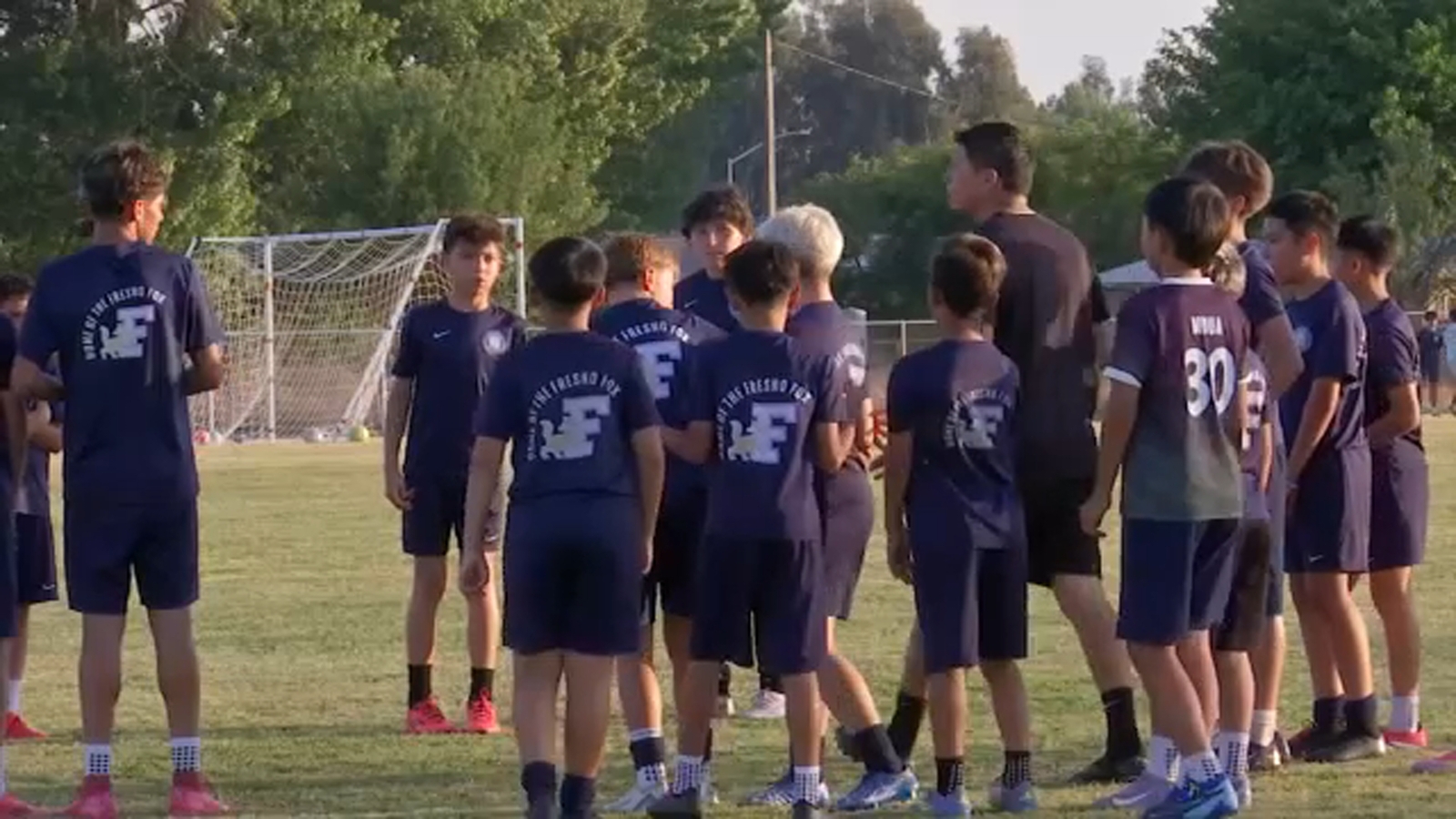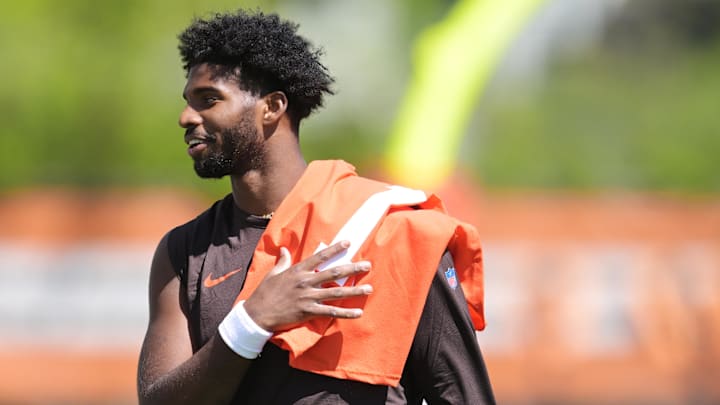The last time Tina Brown spoke to The Telegraph , in April 2022, the interview was left on a cliffhanger: what would happen when the Queen died? Brown, the waspish former editor of Vanity Fair , The New Yorker and The Daily Beast, had just published The Palace Papers , her rollicking book about the recent travails of the Royal family. Based on interviews with more than 120 sources in and around the palace, the book portrayed a family at their most precarious moment since the death of Diana, rocked by Prince Andrew ’s involvement in the Jeffrey Epstein case – and subsequent kamikaze interview with Emily Maitlis – and the death of the Duke of Edinburgh . “I do think the country is going to have the most enormous national nervous breakdown when the Queen dies,” Brown told interviewer Allison Pearson.
“Losing the Queen will be a shattering blow, but I am actually more of a Charles optimist than many.” Within months, Brown was able to put her theories to the test. When Queen Elizabeth II died at Balmoral on 8 September, the nation did indeed go into convulsions, but it was perhaps short of the full emotional breakdown she had predicted.

“The Queen managed her own death with such aplomb; every CEO should figure out how to go like she went,” Brown says, reflecting on events three years later. “She planned her entire exit so there would be minimum bad drama. I wouldn’t be at all surprised if she didn’t think: ‘I’ll see in Liz Truss, I’ll kiss off Boris Johnson and I’ll stop taking my meds.
’ Because it was just so perfect. Everything about that managed death reassured the public: the procession of that coffin, the way it was flown back, the sight of Princess Anne with it. “Charles impeccably took over.
God knows the man had been in training for 50 years. He was flawless , except for a tiny slip over his fountain pen, you couldn’t fault it. Because of that, the country changed eras.
It was a beautiful transition. He had a lot of luck, because the whole debacle of Boris Johnson and Truss left him as the great statesman of England. Suddenly Charles was the most senior, measured statesman in Europe.
He has become seen as that. Everybody wanted to say the House of Windsor was going to blow up, but compared to a great many things, the House of Windsor is on a pretty steady footing.” We meet in Brown’s adopted hometown of New York, in the offices of Hellman & Friedman, a gigantic American private equity fund.
It is a highly Brownian setting, in a boardroom on the 30th floor of a large tower with views down Fifth Avenue. Even the sunshine beaming in through the floor-length windows has an expensive, rarefied quality. In a royal blue coat, blonde hair closer cut than during its cockatiel pomp, at 71 Brown has a smattering of Princess Diana – another of her recurring subjects – about her.
She is here to give a talk to inspirational female business leaders. She has done a lot of inspirational talking over the years, informally and through her Women in the World platform, which she founded in 2010 to “discover and amplify the unheard voices of global women on the front lines of change”. Brown’s connections and gusto brought together a dizzying array of leaders: Hillary Clinton, Condoleezza Rice, Oprah Winfrey, Angelina Jolie, Barbra Streisand.
Covid put paid to Women in the World, but since 2023 Brown has organised another annual conference, Truth Tellers, in memory of her late husband Sir Harry Evans. The third edition takes place on Wednesday, 7 May. Speakers including Alastair Campbell, Mishal Husain and the CNN boss Mark Thompson will gather in central London to thrash out the future of journalism.
Evans, who died in 2020 aged 92, was a giant of British newspapers, the editor of The Sunday Times from 1967 to 1981, who led the investigation into thalidomide babies, among other groundbreaking stories. They met in 1973, when Brown was 20 and Evans was 25 years her senior. They married in 1981 and were together until Evans died.
“I miss him every day,” Brown says. “We were both such news junkies. And he was a walking compendium of points of view, and so passionate.
He was the archetypal resister. He despised cowardice. He was very benign as a person and convivial, so people would not realise that he was also tough when it came to moral stands.
He was the most tenacious person I’ve ever met. He could not be deterred. I don’t think he did a shabby thing in his life, actually.
How many people can we say that of?” These are high times for news junkies. We meet days after it has been revealed that the editor-in-chief of The Atlantic , Jeffrey Goldberg, had been erroneously added to a group chat with members of the US cabinet , including JD Vance and the defence secretary Pete Hegseth, to discuss the bombing of Houthi rebels . It is only the latest story in Donald Trump’s shock-and-awe approach to his second term as president.
Fellow Republicans have been typically slow to attack the president for what is an obvious security breach. “They’re all so tepid and timid,” she says. “Why are they all so frightened [of Trump]? I think with all these Republican congressmen and senators, is their job really so great that they will just eat worms all the time? There has to be something you would quit for.
” If the UK-based Royal family members have enjoyed a surprisingly solid few years, the Duke of Sussex’s trajectory since Queen Elizabeth’s death has been less fortuitous. Where the King and Queen and the Prince and Princess of Wales have looked dignified, managing illness and responsibility with grace, Harry has cut a lonely figure in California, reduced to the Invictus Games and bit-part appearances in his wife Meghan’s curious TV programmes. “There is still a Harry-shaped hole [in the Royal family], but I don’t think that hole’s going to close,” Brown says.
“It’s a pity, because that’s all they lack, that bit of sizzle coming out. The side-sizzle Margaret provided for the Queen is actually very good for a Royal family because it takes the pressure off William and Catherine to have to be perfect, which is very boring for them. What’s unfortunate is that Harry is the most talented in the family at human relations, like his mother.
” She believes that in his role as roving celebrity, Harry has ironically rediscovered that he likes being a prince. “He really knows how to play the role of the prince,” she says. “I think he really likes it.
That’s what’s so ironic. For a bit he thought he didn’t because the Palace is boring and oppressive and so on. Now he’s had a few years doing it without them, I think he really misses being a prince because he was good at it.
He and Meghan talk about ‘doing good’ but what good are they doing? The good you can do as a royal is so much more potent. When Diana shook the hands of the Aids patient without gloves, when royals always wore gloves before, how much more potent was it that she was a princess than if she’d simply been a celebrity?” The difference was obvious after the wildfires that devastated Los Angeles in January, when Harry and Meghan paid a visit to meet victims. “You become a disaster tourist,” Brown says.
“I think Harry feels it keenly. But he’s obviously loyal to his wife.” Three years ago, Brown wondered if the death of Queen Elizabeth might bring Harry back into the fold, but instead the rift has only grown deeper, exacerbated by Harry’s tell-all memoir, Spare .
“Unfortunately, his appetite – their appetite – for money made him make disastrous decisions,” she says. “The disastrous decision of the book was very hard to return from. I think the Oprah [Winfrey] interview was the most gratuitously stupid move.
There wasn’t any money in it. The relationship between the brothers sounds like it’s very hard to repair. I think Harry would make it up, but I don’t think William can.
” What did she make of Meghan’s feather-light lifestyle programme, With Love, Meghan ? “She’s back in 2013, doing the Tig,” Brown says, referring to Markle’s earlier feather-light lifestyle website. “I think Suits and the Tig was the last time she felt successful. It’s all been hellish ever since.
Every week she announces a new project. Stop announcing projects! She’s almost compulsive about announcing things and they don’t really happen. They fade and she looks ridiculous.
I feel sorry for her, because she’s so lost. I think Harry’s a talent that’s worth more than that. I hope he gets a life back.
” She says Queen Elizabeth’s “in or out” rule might not have helped. “In today’s world, there probably was a way they could have been in Montecito six months of the year and the rest of the year he could do his gigs. He should do foreign tours.
He ought to be able to be sent as an emissary of youthful England for the next 10 years.” Although you could happily talk to Brown about the ins and outs of the Royal family for days, possibly years, she says she has found herself less interested in it since The Palace Papers came out. They have been too competently run.
Besides, there is other news to feast on. Already a journalistic prodigy when she was at Oxford, Brown started on The Sunday Times and The Telegraph before becoming editor of Tatler when she was just 25, and Vanity Fair in New York when she was 29. “I was always very excited by America,” she says.
“Harry was even more so. I would have gone back to London after Vanity Fair but Harry wouldn’t. He loved America because he was a train driver’s son, he hated the English class stuff.
When he came to America he felt the sky was the limit. I love America too. But I see Europe with much more nostalgia now.
I don’t know how happy I would be moving back to London to live, but I think about it more. I’m happy I have two passports. You get tired of the ugly American-ness.
It has become so much nastier. There’s so much rancour and thuggery. It’s not attractive.
” She stayed at Vanity Fair for eight years before being poached to make the venerable New Yorker something akin to a modern magazine. The magazine recently celebrated its 100th anniversary; the occasion for an entertaining post on Brown’s Substack newsletter, Fresh Hell. “I enjoyed writing that,” she says.
“You only know you’re in a golden era when you’re out of it. I realised how lucky I had been to have this fabulous pool of talent to work with. It was such a lucky moment.
” She has always kept pace with the new media. In 2008 she founded The Daily Beast , which gave her rigour and eye for a story a social-media-friendly online spin. It merged with Newsweek in 2010; she stepped down three years later.
The Daily Beast continues in diminished form. Now her attention is on her Substack, where readers pay a small monthly fee for regular emails from her. “I like to be an early adopter,” she says.
“Not that I’m especially early with Substack. But I like being in this community. It took a year for me to agree to it.
” She’s making money from it. “I’m doing rather well, which is rather addictive. There are times I miss the structure [of a newspaper or magazine] but on the other hand if we keep growing we can bring in a few other people as well.
I’m taking it very experimentally.” It doesn’t sound like she has plans to retire, or even slow down. “I can’t help myself,” she says.
“I’m such a news junkie. It’s a terrible addiction. I see these stories all the time and I think ‘I can’t stop’.
There are so many great writers around who don’t have a home. So anything that helps to give them a home and an audience is gratifying.” The New York minute is up.
The female CEOs are waiting for Brown to come and have a drink with them. As chance would have it, she is heading back to London after we speak, a flying visit for the historian Simon Schama’s 80th birthday party. By the time she gets back Trump will have sent the markets spinning yet again by announcing sweeping global trade tariffs.
Brown will be there, watching, writing, documenting, at the same pace she has kept up for half a century. “It’s a strange thing,” she says, articulating the journalist’s paradox of living in such chaotic times. “We’ll all be writing about it for decades.
It’s great copy, if you can keep up.” Truth Tellers: Sir Harry Evans Investigative Journalism Summit is in London on 7 May; sirharrysummit.org.
Sports

Tina Brown interview: Harry should come back and be a prince

The last time Tina Brown spoke to The Telegraph, in April 2022, the interview was left on a cliffhanger: what would happen when the Queen died?















